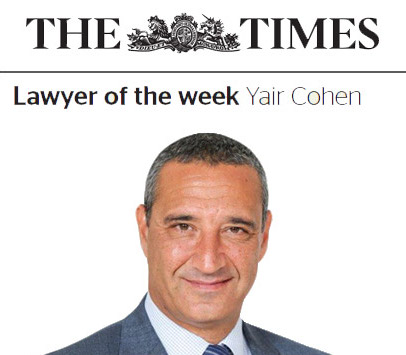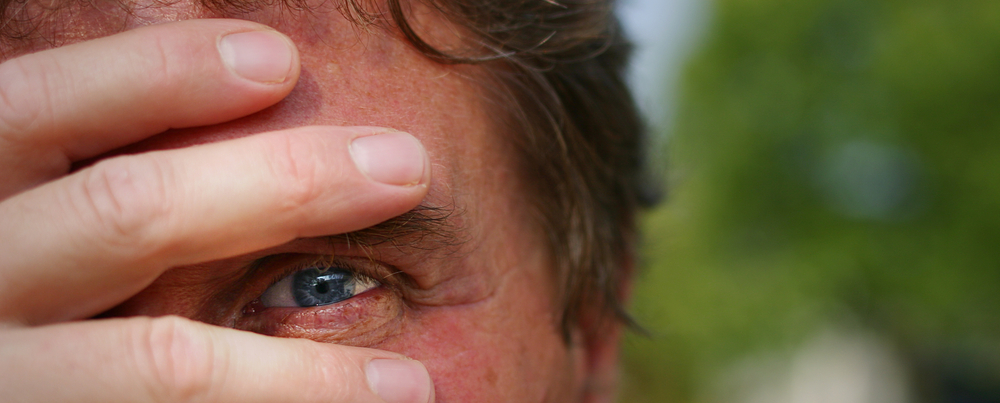Using a right to be forgotten when you have been a victim of crime
Reliving moments over and over again, after being a victim of a horrendous crime, from news reports online can cause further psychological damage. L.N was a victim of a horrific, unprovoked attack which had damaged her face. She was viciously struck over the head with a bottle, which was then used to cut her face. She was left with disfiguring injuries requiring her to undergo plastic surgery.
What can a victim of crime do if her right to be forgotten request from Google was turned down
A successful right to be forgotten submission to the press and to Google
Lawyer's thoughts about the right to be forgotten victim of crime case
What can a victim of crime do if her right to be forgotten request from Google was turned down
The gruesome attack on L.N was reported in the national media. L.N, shortly after the attack, took part in a police appeal to help catch her attackers and whilst still in hospital agreed to provide interviews to local and national press. Subsequently she agreed to take part in a national charity awareness campaign to help create awareness against violence crime in the inner cities. News articles and images appeared online relating to this attack and included images of her injuries.
At one point she decided that she wanted to regain her anonymity. Unfortunately, some of the press was not sympathetic to her requests to remove articles with her name and image. Google also was surprisingly unhelpful.
Google's unwillingness to de-list some of the articles in the press was on the grounds that L.N had voluntarily placed the information in the public domain.
One of the possible reasons why search engines might not de-list web pages from the internet under a right to be forgotten is when a person voluntarily places the information in the public domain.
The other reason Google gave for refusing her right to be forgotten application was that the articles were too recent (most were less than 1 year old) and therefore there was a clear public interest in the continuance of publication of the articles.
A successful right to be forgotten submission to the press and to Google
Our dedicated legal team managed to remove every single reference to L.N from the internet. Most of the references to her were deleted by consent following some negotiation with the national press. In relation to Google, we prepared a right to be forgotten application and submitted it to Google.
The main basis of the submission was that:
1. the articles were not newsworthy any longer and had no public interest in them
2. the data was being processed for longer than necessary and had a disproportionate impact on our client, the data subject
3. the continuance publication was in breach of our client’s right to a private and family life.
Google agreed to de-list all the remaining articles and images from its search results. We next ensured that Google also removed any auto suggestions on Google searches which would indirectly link to the articles about our client. Finally, we ensured that all the images and linked images to our client and to her injuries were completely removed from Google image libraries and from all search results. Google agreed to delist all URLs complained of and clear the search suggestions on Google images. Our client was delighted with the outcome which clearly exceeded her expectations, particularly in relation to auto suggestions.
Lawyer’s thoughts about the right to be forgotten victim of crime case
Sometimes you expect right to be forgotten requests to be approved by Google without causing the data subject distress. The problem is that those people at Google who assess those requests are trained to work with a content moderation manual which is a book which contains all the rules which they need to follow.
If the book says that when someone places the information about themselves in the public domain, you should consider refusing the right to be forgotten request. If the book then also says that when the right to be forgotten request is concerning a recent newsworthy event, you should consider refusing the request, it is not surprising that a submission by someone like L.N, despite being a victim of crime, is being turned down.
In a strange away, things turned out better for L.N because had her original request to Google under a right to be forgotten was accepted, it is very likely that most of the news articles would not have been deleted. It is also likely that at least some of the images and certainly the auto suggestions would have remained on the internet because both aspects of the removal require the attention of a special team at Google.
The team that routinely handle initial right to be forgotten requests isn’t apparently authorised to remove auto suggestions from Google searches or to handle complex image removal issues. It is sometimes better to have a specialist lawyer handling the entire right to be forgotten application, particularly if there is an opportunity to have articles deleted from their source. Here, we have a lot of experience in dealing with the media and fairly good relationships with most news editors.
































